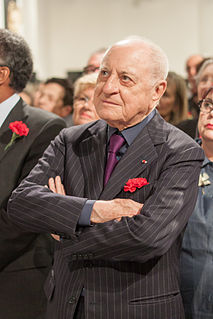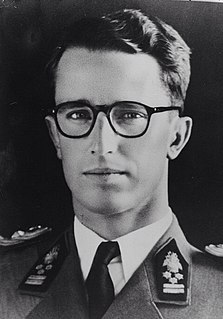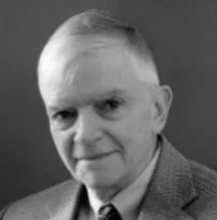A Quote by Simon Schama
I first read War And Peace about 100 years after Tolstoy wrote it.
Related Quotes
I had amazing intellectual privilege as a kid. My mom taught me to read when I was two or three. When I was five, I read and wrote well enough to do my nine-year older brother's homework in exchange for chocolate or cigarettes. By the time I was 10, I was reading Orwell, Tolstoy's 'War and Peace,' and the Koran. I was reading comic books, too.
I think if I were reading to a grandchild, I might read Tolstoy's War and Peace. They would learn about Russia, they would learn about history, they would learn about human nature. They would learn about, "Can the individual make a difference or is it great forces?" Tolstoy is always battling with those large issues. Mostly, a whole world would come alive for them through that book.
Historical fiction was not - and is not - meant to supplant literature from the period it describes. As a veteran of the Crimea, Tolstoy wrote 'War and Peace' to match his own internal sense of the truth of the Napoleonic wars, to dramatize what he felt literature from that period had failed to describe.
I'm not terribly well read. My wife forces books into my hands and insists I read them, which I'm grateful to her for. She made me read 'War and Peace.' The whole thing. It was amazing, but I had to hide it. You can't walk round reading 'War and Peace' - it's like you're in a comedy sketch and you think you're smart.
After I finished the Tycoons - on post-Civil War development - I realized how much I didn't know about the first half of the century, even though there had obviously been an enormous amount of development, so I read about and thought about that for a couple of years before I decided I was ready for a book.
Perhaps peace is not, after all, something you work for, or 'fight for.' It is indeed 'fighting for peace' that starts all the wars. What, after all, are the pretexts of all these Cold War crises, but 'fighting for peace?' Peace is something you have or do not have. If you are yourself at peace, then there is at least some peace in the world. Then share your peace with everyone, and everyone will be at peace.






































